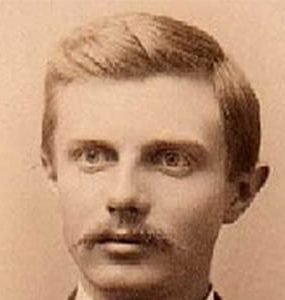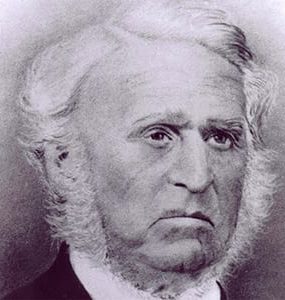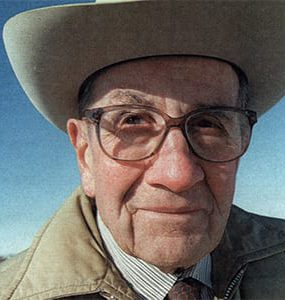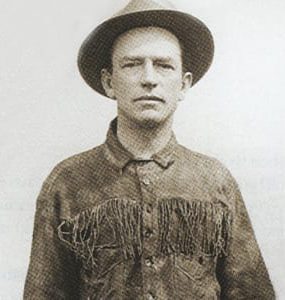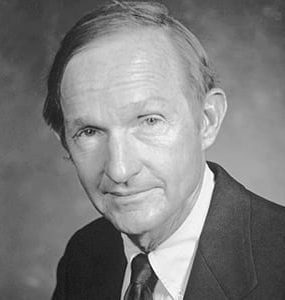Bio
Frederick Jackson Turner (1861–1932) was a highly influential American historian, best known for his “Frontier Thesis,” which argued that the American frontier played a key role in shaping the nation’s character and democracy. Born in Wisconsin, Turner earned his PhD from Johns Hopkins University in 1890, writing about the fur trade in Wisconsin. He taught history at the University of Wisconsin and later at Harvard University, where he trained many notable historians. Turner promoted the use of interdisciplinary and quantitative methods, particularly focusing on the Midwest.
His seminal work, The Significance of the Frontier in American History, introduced the Frontier Thesis, which suggested that the westward expansion of the American frontier shaped key American traits such as democracy, individualism, and innovation. Turner also developed the “Sectional Hypothesis,” exploring how different regional and ethnic groups shaped U.S. politics and society.
Though Turner published relatively few works, his concise theories profoundly influenced American historical scholarship. He mentored many students who went on to dominate history programs across the country. His ideas on the frontier and sectionalism shaped generations of historical thought.
Turner’s work has been critiqued in more recent decades for its lack of attention to race, gender, and class. Despite this, his ideas have had a lasting impact on the fields of American and environmental history. Turner spent his later years at the Huntington Library in California and passed away in 1932.

